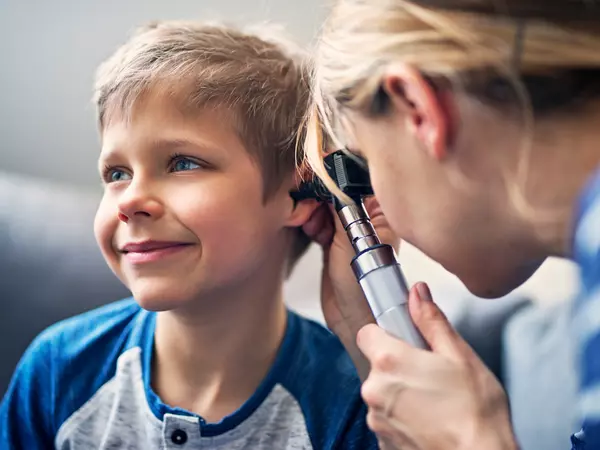
Top ENT Doctors in the Arab World
- Apr 6th 25
What Are the Specialties of ENT Doctors?
The Ear, Nose, and Throat (ENT) specialty is one of the most important branches of medicine, concerned with diagnosing and treating conditions related to the sinuses, middle and inner ear, larynx, vocal cords, and swallowing and speech disorders. It also includes head and neck surgeries, making it one of the most sensitive and complex medical fields.
An ENT doctor deals with a wide range of conditions such as:
-
Frequent ear infections
-
Hearing loss or impairment
-
Tinnitus (ringing in the ears)
-
Chronic nasal congestion
-
Sinus infections
-
Snoring and sleep apnea
-
Laryngeal and thyroid tumors
-
Speech and swallowing difficulties
When Should You Visit an ENT Doctor?
You are advised to consult an ENT specialist in the following cases:
-
Persistent ear pain or ringing
-
Frequent nosebleeds
-
Chronic congestion unresponsive to medication
-
Sudden loss of smell or hearing
-
Difficulty in speech or swallowing
-
Loud snoring with breathing pauses during sleep
Key Skills and Expertise of a Top ENT Doctor
When choosing the best ENT doctor, consider the following criteria:
-
Medical experience: Number of years in practice and successful case history
-
Sub-specialization: Such as cosmetic nasal surgery, hearing surgeries, or speech disorders
-
Use of advanced technology like endoscopic tools, laser surgery, and imaging techniques
-
Reputation: Patient reviews and medical ratings
-
Strong communication and diagnostic skills
Top ENT Doctors in Saudi Arabia
Here’s a list of some of the best ENT doctors in Saudi Arabia, based on patient feedback and medical achievements:
1. Dr. Fahad Al-Mutairi – Al Habib Medical Group
Consultant ENT surgeon with over 15 years of experience, specializing in sinus surgery and endoscopy. Known for precise diagnosis and fast post-operative recovery.
2. Dr. Maryam Al-Qahtani – King Faisal Specialist Hospital
A pioneer in hearing disorder treatment and cochlear implants, she holds multiple international certifications in microscopic ear surgery and uses modern techniques for enhanced hearing with minimal intervention.
3. Dr. Khaled Al-Zahrani – Dallah Hospital
Specializes in snoring and sleep apnea treatment using laser and radiofrequency techniques. He has significant contributions in medical research in this area.
Most Common Causes of ENT Problems
Most ENT disorders are caused by:
-
Bacterial or viral infections
-
Seasonal or chronic allergies
-
Genetic factors
-
Harmful habits like smoking
-
Exposure to dry or polluted air
Understanding the root cause is key to effective treatment and preventing recurrence.
Latest Technologies in ENT Treatments
The field has seen major advancements, including:
-
Endoscopic surgery: Used for nasal and sinus operations with high precision and minimal invasiveness.
-
Functional cosmetic nasal surgery: Enhances both breathing and appearance.
-
Laser technology: For treating enlarged tonsils, snoring, and nasal polyps.
-
Cochlear implants: For severe hearing loss.
-
Modern hearing aids: Digital devices tailored to each patient's hearing profile.
How to Choose the Best ENT Doctor for Your Child
Children require special care in this specialty due to their sensitive physiology. When choosing a pediatric ENT specialist, look for:
-
Experience with children
-
A calm and friendly communication style
-
Ability to manage recurring issues like ear and tonsil infections
Tips to Maintain ENT Health
-
Avoid smoking and strong odors
-
Use humidifiers at home
-
Gently clean your nose without sharp tools
-
See a doctor for any unusual symptoms
-
Use headphones in moderation and avoid loud noise exposure
Conclusion: ENT Health Starts with Proper Diagnosis
Choosing the right doctor is the first step toward healing. This specialty is crucial for breathing, hearing, communication, and sleep. We always recommend seeing a doctor at the first sign of troubling symptoms to ensure early intervention and avoid complications.







